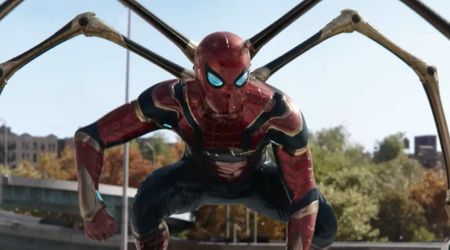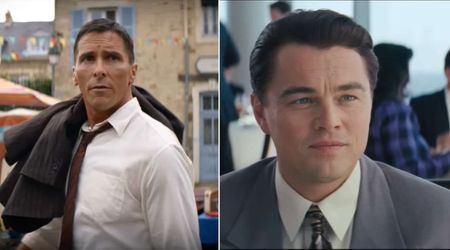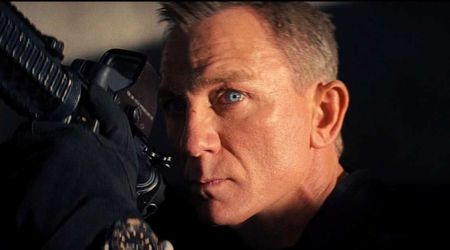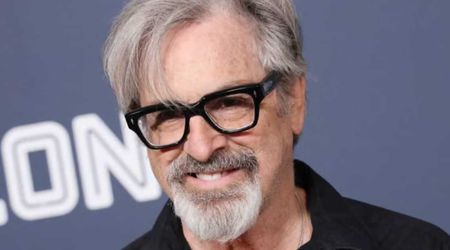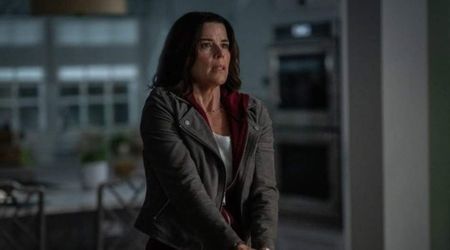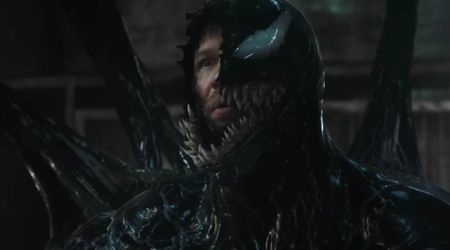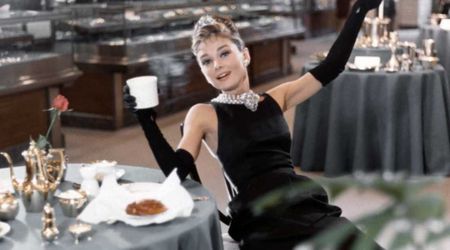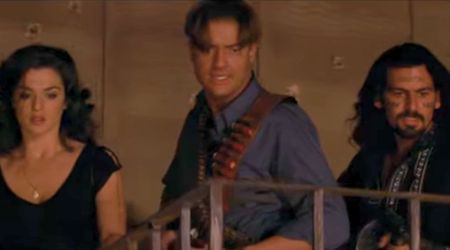Every ‘Planet of the Apes’ movie ranked, from worst to best

LOS ANGELES, CALIFORNIA: With five years passing since the last 'Planet of the Apes' film, the franchise is gearing up for its next installment, 'Kingdom of the Planet of the Apes', set to hit screens on Friday, May 10. Wes Ball is the lead director for the film.
The cast includes Freya Allan, Owen Teague, Dichen Lachman, William H Macy, and Kevin Durand. As the announcement stirs excitement, it's a perfect time to reflect on this enduring and sometimes bizarre franchise.
Spanning over 54 years, the series has seen its share of highs and lows, from groundbreaking technical achievements to outright cheesy moments. Yet, through it all, the franchise has remained captivating, showcasing its ability to intrigue audiences.
Director Wes Ball undoubtedly faces high expectations as he takes the helm for the next chapter. On that note, here's a ranking of every 'Planet of the Apes' movie, from least to most favorite.
9. Conquest of the Planet of the Apes (1972)
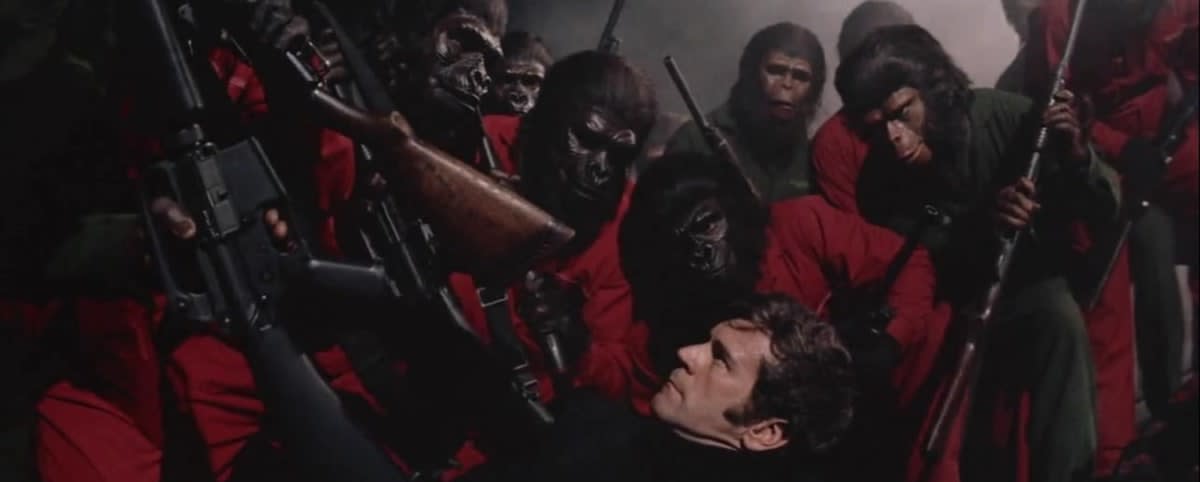
The fourth film in the original 'Planet of the Apes' series, 'Conquest of the Planet of the Apes', is set in the futuristic year 1991. It portrays a world where cats and dogs are wiped out by a virus, leading humans to domesticate apes as replacements.
Initially kept as pets, the apes are eventually enslaved and subjected to training in detention centers to serve humans. Caesar, played by Roddy McDowall, spearheads a rebellion that ultimately leads to ape dominance.
This entry ranks lowest due to its heavy-handed and insensitive imagery. The film overtly draws parallels to the Civil Rights Movement and the Holocaust, employing sequences reminiscent of news reports.
While the franchise has always tackled themes of social upheaval, this installment lacks subtlety and meaningful commentary. Instead of offering insight, it resorts to using apes as direct symbols for marginalized groups, perpetuating racist imagery.
Combined with lackluster performances, 'Conquest of the Planet of the Apes' fails to justify seeking it out unless one is a completionist.
8. Planet of the Apes (2001)
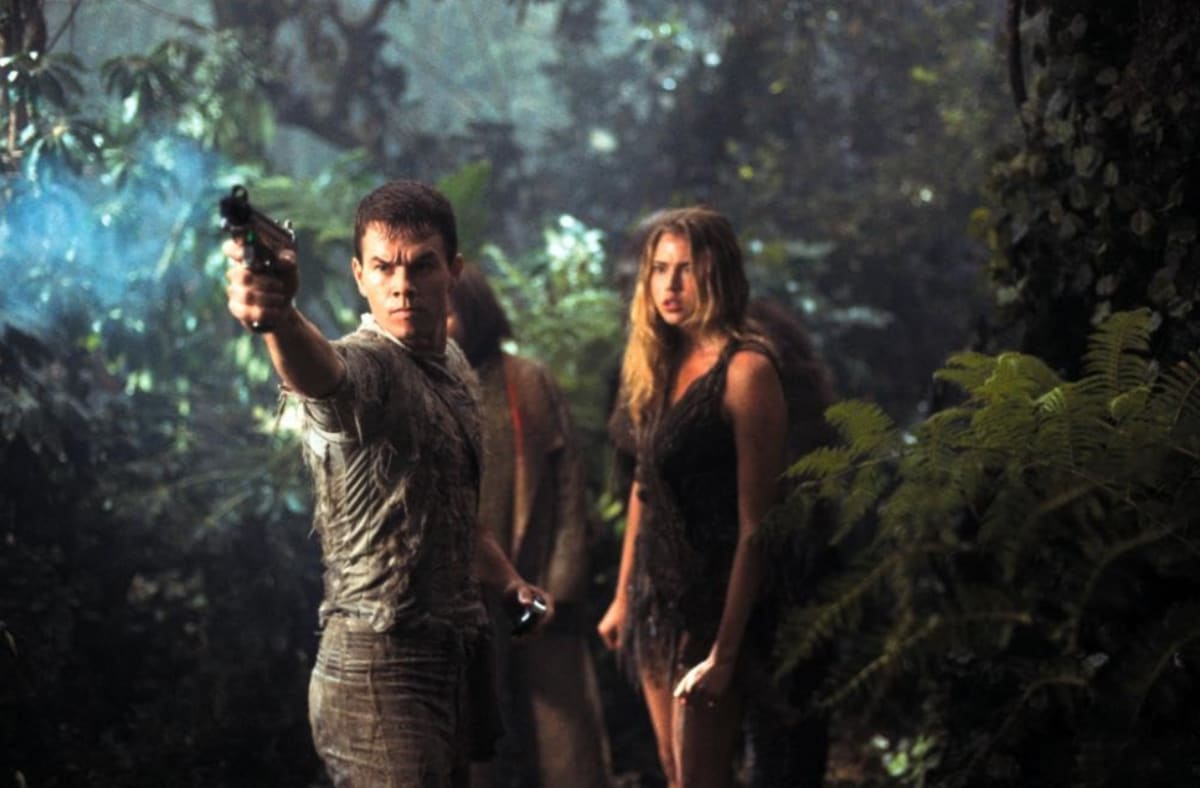
Tim Burton's remake of the original 'Planet of the Apes' faded from memory quickly, largely due to its lackluster quality.
Mark Wahlberg's portrayal of Captain Leo Davidson fails to leave a lasting impression; he lacks charisma and depth, unlike Wahlberg's more memorable characters like Cade Yeager in the 'Transformers' series.
Burton's direction feels uninspired, lacking his distinctive style. The film suffers from being overly long and dull, with scenes dragging on and a plot that moves at a sluggish pace, making it hard to invest in the characters.
However, the film does have some redeeming qualities. The production design and special effects are standout features. The cities and ape habitats are richly detailed and immersive, transporting viewers to another world, unlike the sparse landscapes of the original.
The makeup and practical effects are particularly impressive, allowing the actors to fully inhabit their characters without relying on cheap rubber masks. Overall, while the film showcases technical prowess, it ultimately falls short of leaving a lasting impact.
7. Beneath the Planet of the Apes (1970)
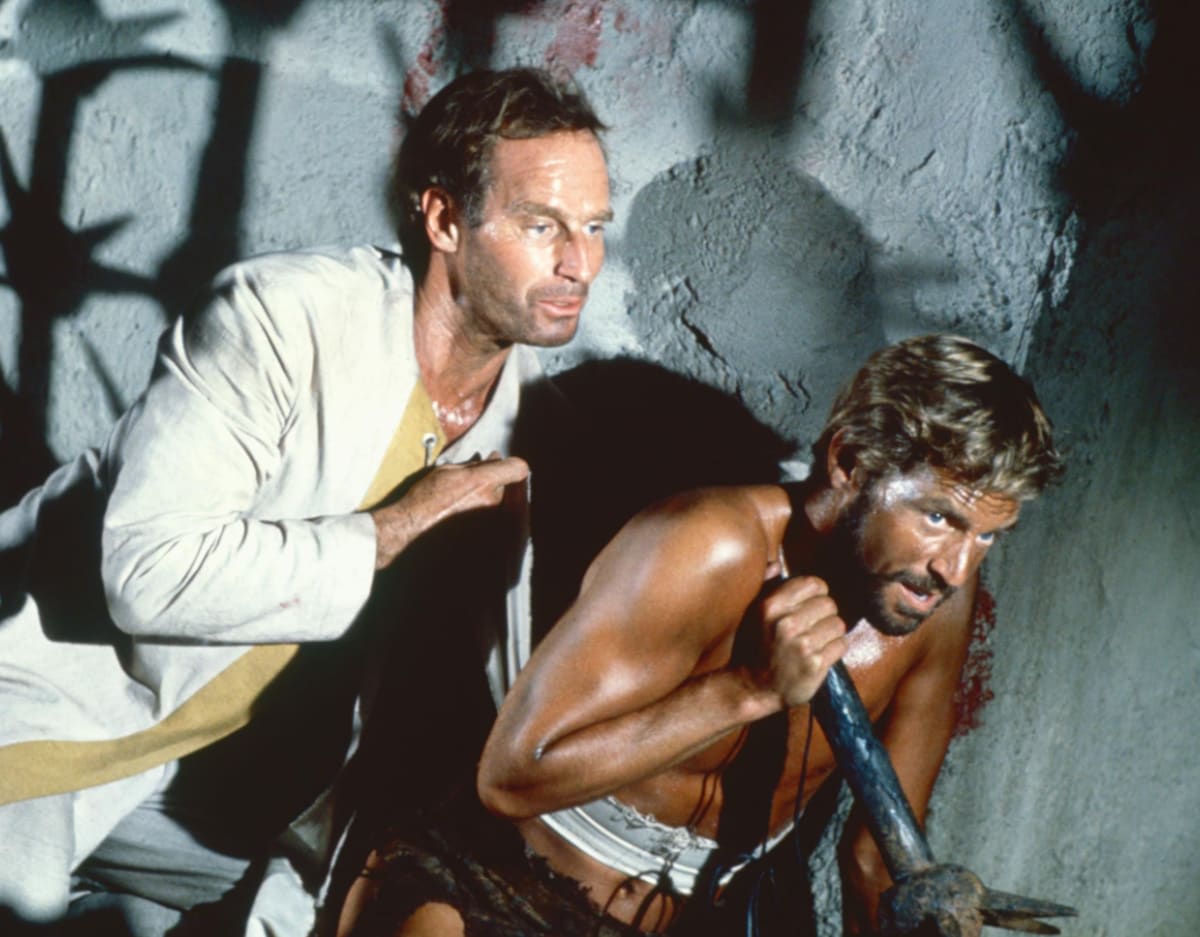
The second film in the original 'Planet of the Apes' series was rushed into production to release just a year after the first movie. The hurried production is evident throughout, reflecting a lack of careful planning.
The story follows a new character, Brent, portrayed by James Franciscus, as Charlton Heston's character was written out due to his reluctance to return. This rush is clearly noticeable and hard to overlook.
Despite its flaws, the film has a certain charm in its eccentricity. It introduces an underground society of telepathic humans who worship an atomic bomb, a bizarre choice that adds intrigue, although feeling disconnected from the original movie.
Unfortunately, this originality comes too late in the film, with much of it feeling like a rehash of the first installment. However, the film ends boldly, with the planet destroyed by nuclear bombs, rendering any sequels impossible.
6. Escape from the Planet of the Apes (1971)
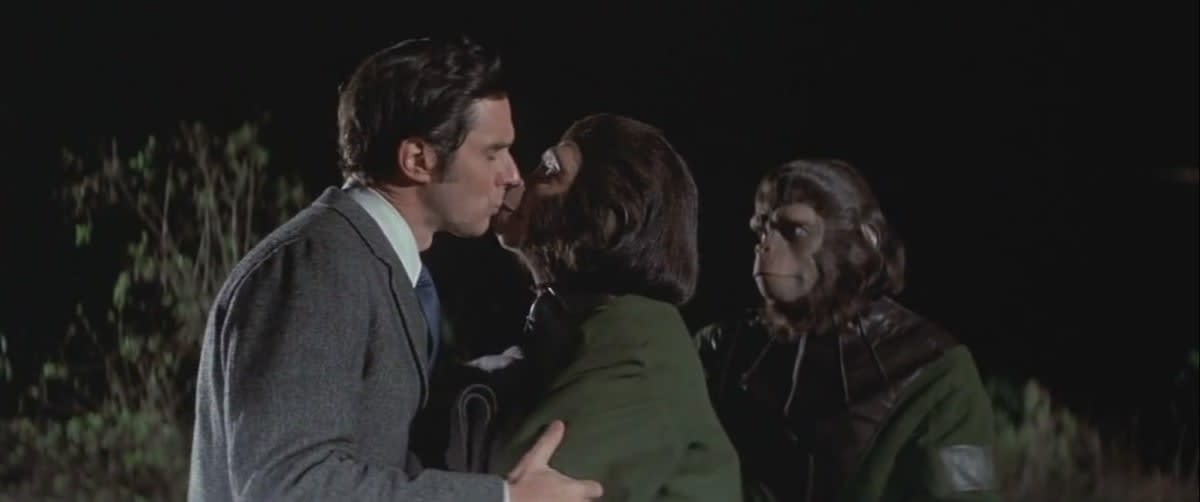
'Escape From the Planet of the Apes' is the third film in the original series and was hurriedly produced on a dwindling budget. To cut costs, the storyline follows two apes from the earlier films, Zira (Kim Hunter) and Cornelius (Roddy McDowall), traveling back in time to America in 1970.
Their interaction with humans of that era feels like a moment where the franchise took a bizarre turn, potentially signaling its decline if the reboot trilogy hadn't revitalized it later. However, viewed in hindsight with the franchise's eventual resurgence, the film serves as a quirky relic of early 1970s Hollywood cinema.
While the dramatic elements may not fully resonate, the satire on celebrity culture, particularly when Zira and Cornelius become famous, still offers moments of humor. Despite its shortcomings, the movie remains an amusing time capsule of its era.
5. Battle for the Planet of the Apes (1973)
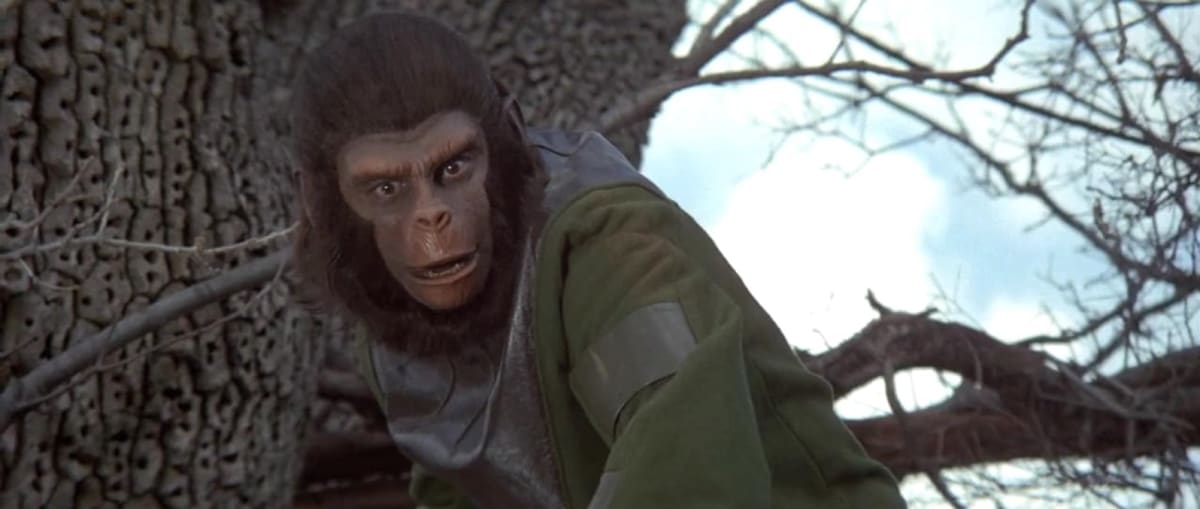
Often considered the weakest link in the franchise, the fifth installment, 'Battle for the Planet of the Apes', actually offers some merit. Set in a world where apes have risen to power, humans coexist without being enslaved or voiceless, 'Battle for the Planet of the Apes' is a deviation from the first film.
The story follows Caesar and his family as they navigate the emerging political and social tensions under his leadership. Primarily a character-driven narrative, it culminates in action towards the end to justify its title. Despite being the lowest-budget film in the series, evident in the declining quality of prosthetic makeup, it still possesses charm and strong performances.
However, the film falters in the middle, losing momentum and becoming dull for a portion of the second act. Nonetheless, its compelling beginning and ending help offset the lackluster middle, making it a somewhat bearable watch.
4. Rise of the Planet of the Apes (2011)
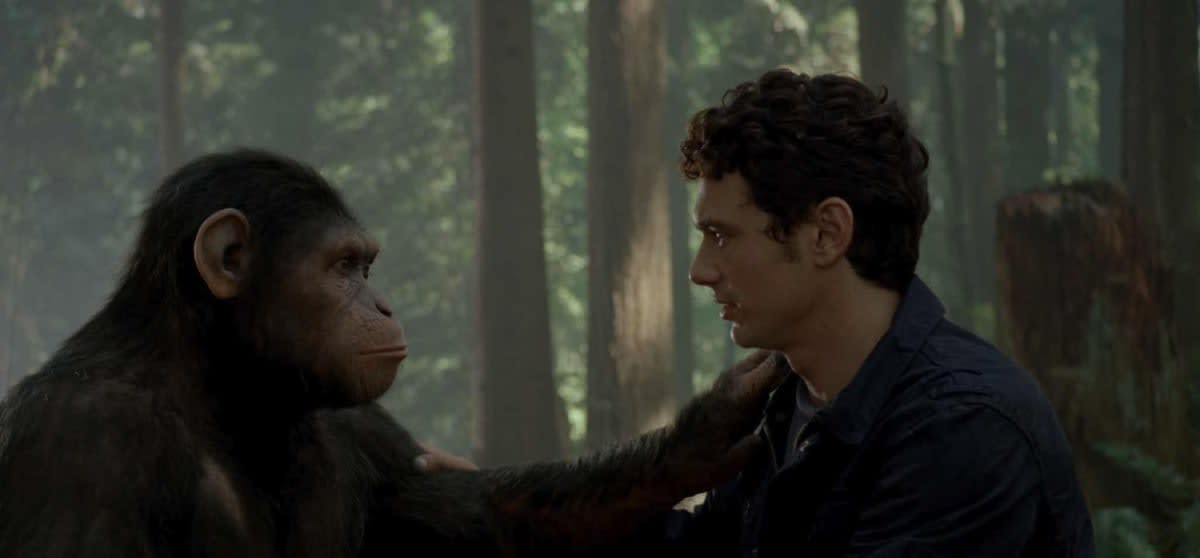
From this point onward in the ranking, the films transition from being quirky relics of their respective eras to genuinely impressive works. The 2011 reboot of the franchise serves as a loose remake of 'Conquest', offering a more refined and confident narrative.
It explores the uprising of the apes through the lens of animal testing, grounding the story in realism. The portrayal of the main ape, Caesar (now portrayed by Andy Serkis), gaining intelligence is convincingly handled.
Initially, the Alzheimer’s medication he is subjected to only enhances his intelligence slightly, reflecting a logical progression. Even his early attempts at speech come across as guttural roars due to the limitations of ape vocal cords.
The film's authenticity is further amplified by groundbreaking motion capture and CGI technology developed for the franchise. While the CGI may appear somewhat dated now, it marked a significant advancement at the time, especially evident by the trilogy's conclusion.
However, the film falls short in its focus on the main human character, Dr. Will Rodman (James Franco). Released in 2011, Franco's performance reflects a phase in his career where he appeared disengaged in his roles, reminiscent of his lackluster stint hosting The Oscars.
In contrast, the supporting human cast, particularly John Lithgow as Will's father, delivers more compelling performances. Unfortunately, these strong performances aren't sufficient to detract from the lackluster lead.
3. Dawn of the Planet of the Apes (2014)
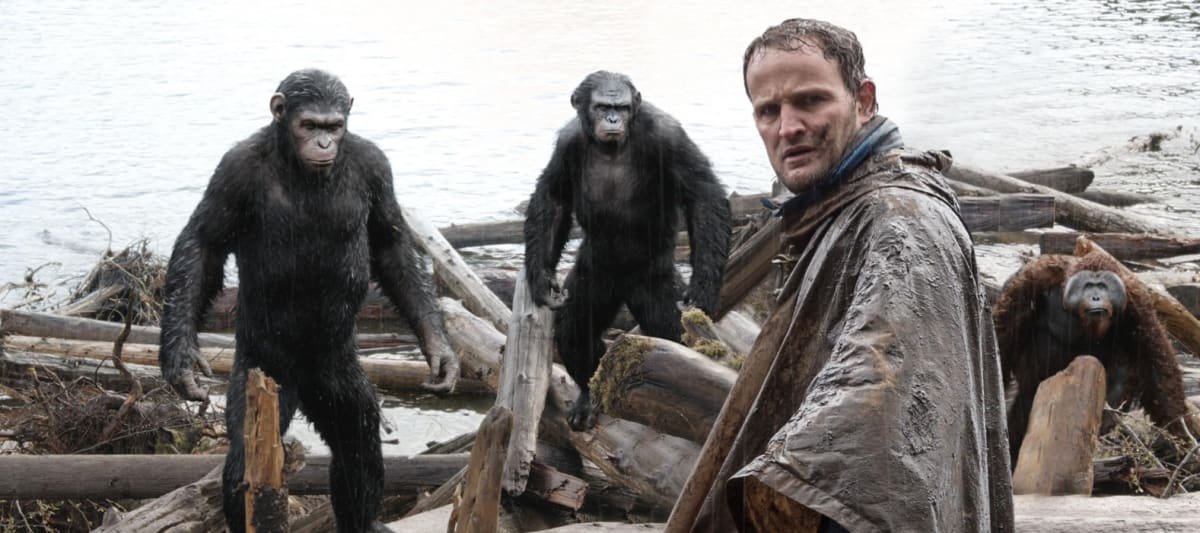
The second film in the rebooted series, 'Dawn of the Planet of the Apes', marks the directorial debut of Matt Reeves, known for his work on 'The Batman'. While the foundation laid by Rupert Wyatt in 'Rise of the Planet of the Apes' was solid, Reeves elevates the franchise in this installment.
Set in a world ravaged by the Simian flu, which decimated a large portion of the human population, the movie portrays apes establishing their own societies apart from the remaining human settlements. The central conflict revolves around Caesar and his community's efforts to establish a peaceful alliance with nearby humans.
The film unfolds as a compelling slow burn, delving into the internal and external conflicts faced by both sides. This approach not only develops rich and authentic characters but also punctuates the narrative with thrilling action sequences.
Gone are the days of apes merely riding horses; now they commandeer tanks. With such exhilarating moments, who wouldn't be intrigued by a film featuring an ape driving a tank?
2. Planet of the Apes (1968)
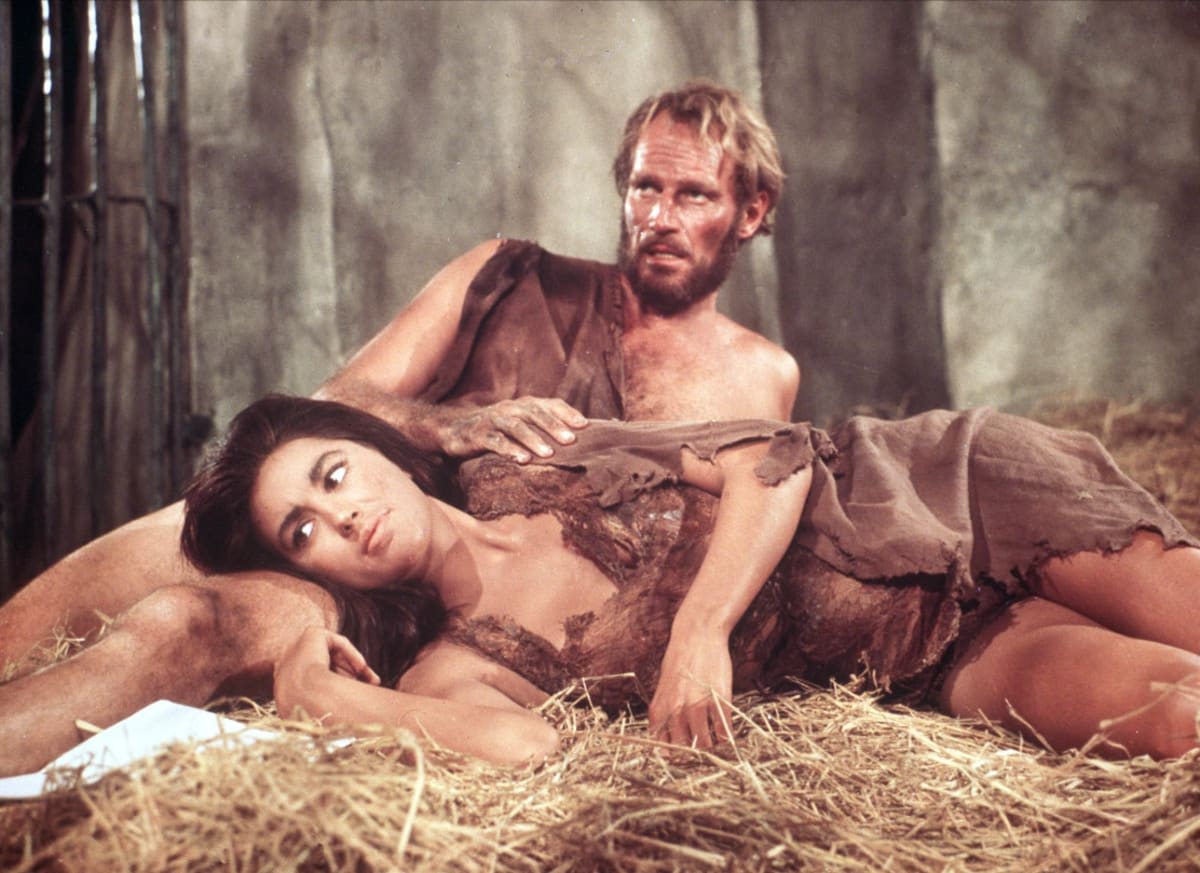
It's challenging to surpass the classics, especially in Hollywood sci-fi, and the original 'Planet of the Apes' stands as a pinnacle of the genre. Upon rewatching, what stands out is how the film takes its time, yet remains concise at under 2 hours.
Before reaching the iconic ape city, the narrative spends ample time with Charlton Heston's Taylor wandering through the desert. This allows for a deep exploration of his philosophy on life, his disdain for humanity, and his nihilistic worldview.
Witnessing his transformation and eventual shift towards altruism becomes all the more rewarding. Little needs to be said about the film's iconic status. However, it's worth noting that it birthed one of the best jokes in 'The Simpsons' history, solidifying its cultural impact and endearing it to audiences even more.
1. War for the Planet of the Apes (2017)
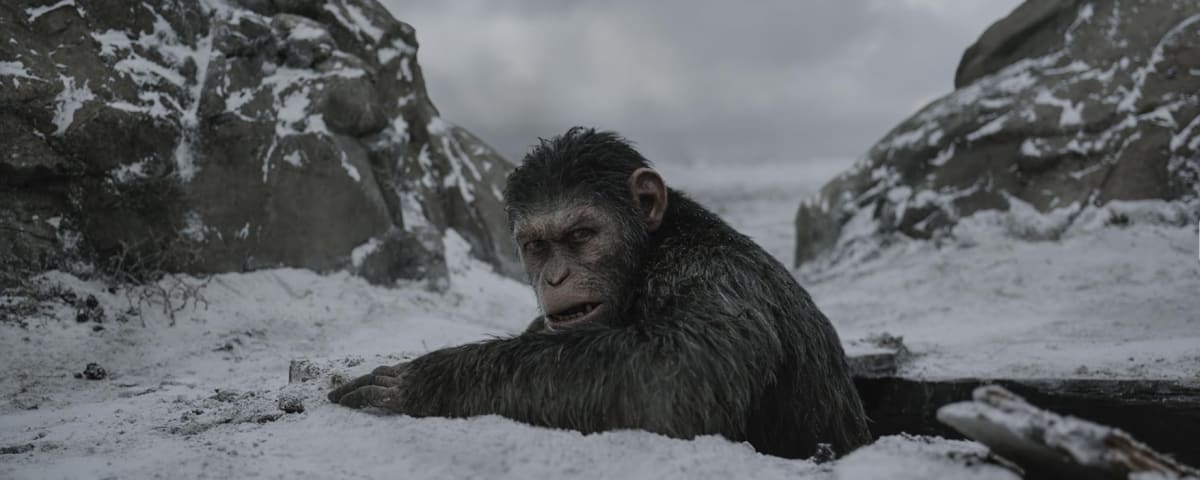
Summer of 2017 boasted a plethora of blockbuster releases, including two new Marvel movies, offerings from Christopher Nolan and Edgar Wright, and the debut of 'Wonder Woman'. Amid this cinematic frenzy, 'War for the Planet of the Apes' seemed to fade into the background, despite being one of the decade's finest blockbusters.
The film follows Caesar as he seeks vengeance against a human militia led by Woody Harrelson, one of the last remaining factions. Like its predecessors, this installment is a slow-burning character study. Ironically, the title 'War' doesn't quite fit the movie's tone; it would have been more fitting for 'Dawn', while 'War' is more of a quiet exploration.
Nonetheless, it emerges as the franchise's standout, showcasing career-best performances from Serkis and Harrelson, alongside Reeves' exceptional direction and groundbreaking animation. It leaves audiences eagerly anticipating the franchise's future direction in 'Kingdom of the Planet of the Apes'.
'Kingdom of the Planet of the Apes' is set to hit theatres on Friday, May 10

